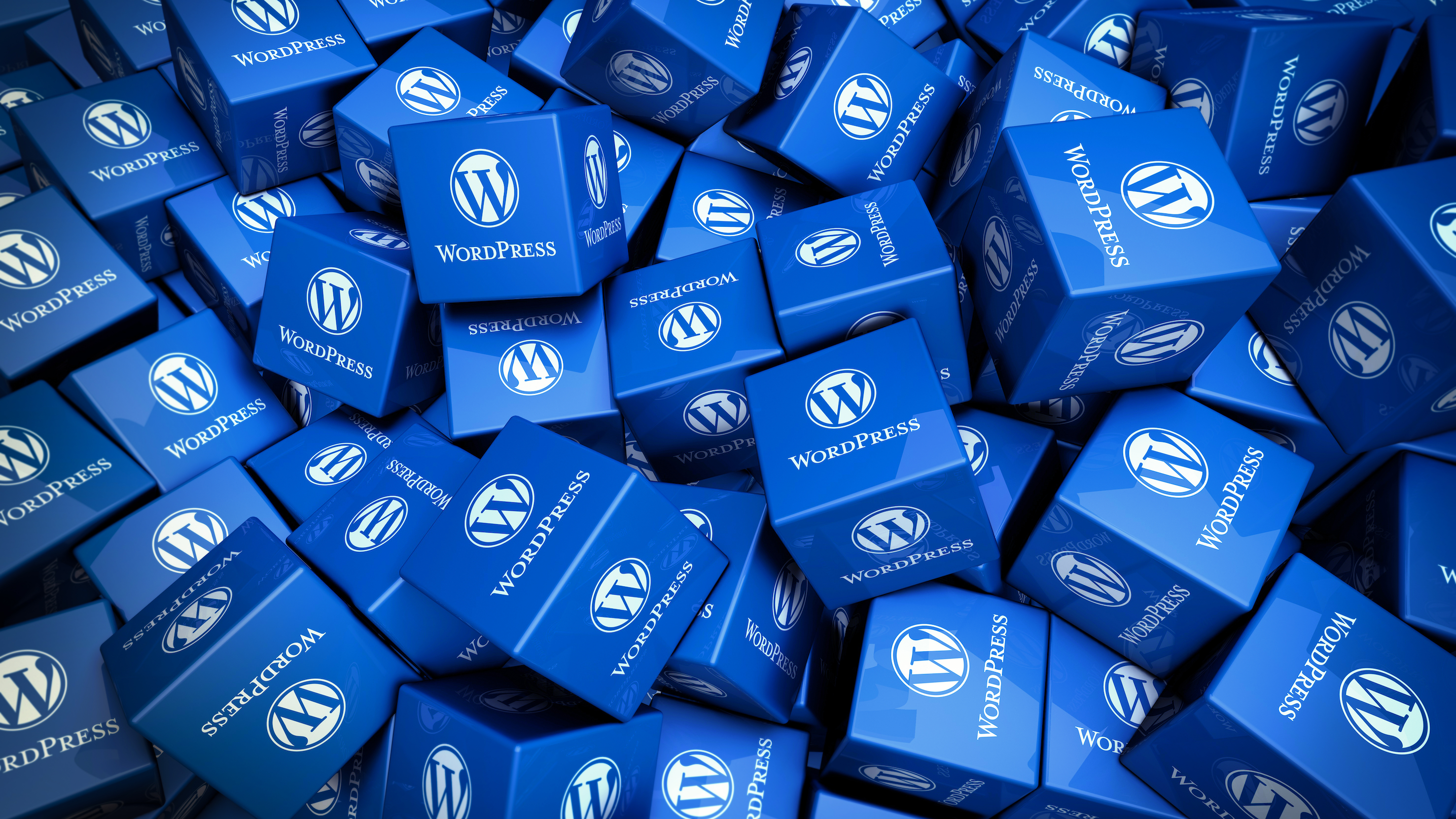News
2025 UI/UX Design Trends: What Every Creative Curator Needs to Know
The world of UI/UX design is ever-evolving, and as we approach 2025, new trends are emerging that are set to redefine the landscape. From advanced technologies to a deeper focus on user-centric design, the coming years promise exciting changes for designers and creators. This article will delve into the top UI/UX trends for 2025, providing essential insights for every creative curator looking to stay ahead of the curve.
1. The Rise of AI and Machine Learning in UX
Artificial Intelligence (AI) and Machine Learning (ML) have been making waves in various industries, and UI/UX design is no exception. In 2025, AI and ML are expected to play a crucial role in enhancing user experiences by enabling more personalised and predictive interactions.
1.1 Personalised User Experiences
AI algorithms can analyse user data to create highly personalised experiences. By understanding user behaviour, preferences, and patterns, AI can tailor content, design elements, and functionalities to meet individual needs. This level of personalisation is becoming a key demand from users who expect seamless and relevant interactions.
· Dynamic content delivery based on user preferences
· Adaptive interfaces that change according to user behaviour
· Predictive design elements that anticipate user actions
1.2 Enhanced Accessibility
AI and ML are also improving accessibility in design. By automatically adjusting interfaces for different user needs, such as those with disabilities, AI can make digital experiences more inclusive. From voice-activated interfaces to real-time content translation, accessibility is becoming a cornerstone of UX design.
2. Minimalism and Functional Simplicity
Minimalism continues to be a prevailing trend in UI/UX design. As users seek clutter-free and intuitive interfaces, designers are focusing on simplicity and functionality.
2.1 Clean and Intuitive Design
The minimalist approach involves stripping down interfaces to their essential elements, ensuring that each component serves a purpose. This trend aligns with the need for faster load times and better performance across devices.
1. Focus on essential elements that enhance usability
2. Use of whitespace to improve readability and navigation
3. Reduction of unnecessary graphics and complex layouts
2.2 The Power of Typography
Typography is becoming a focal point in minimalist design. With fewer visual distractions, the typographic elements have the power to convey messages clearly and effectively. Expect to see bold fonts, high contrast, and strategic use of text to guide users through digital interfaces.
3. Immersive Technologies: AR and VR
Augmented Reality (AR) and Virtual Reality (VR) are transforming the way users interact with digital content. These immersive technologies are set to become mainstream by 2025, opening new avenues for creative curators to explore.
3.1 Augmented Reality Enhancements
AR is increasingly being integrated into everyday applications, from shopping experiences to educational platforms. By overlaying digital information onto the real world, AR can enhance user engagement and provide practical solutions.
Key applications of AR include:
· Interactive product visualisations in e-commerce
· AR-driven navigation and location-based services
· Enhanced storytelling in digital media
3.2 Virtual Reality Experiences
VR offers fully immersive experiences that transport users to different environments. As the technology becomes more accessible, VR is being utilised in fields such as training, entertainment, and remote collaboration. For designers, this represents an opportunity to create captivating and interactive experiences.
4. Voice User Interface (VUI) Expansion
The expansion of voice-activated technology is reshaping UI/UX design. With the growing popularity of smart speakers and voice assistants, Voice User Interfaces (VUIs) are becoming an integral part of digital interactions.
4.1 Designing for Voice Interactions
Designing for VUIs requires a different approach compared to traditional interfaces. Creators need to focus on natural language processing and creating conversational flows that feel intuitive and user-friendly.
Considerations for VUI design include:
· Clear and concise voice prompts
· Contextual understanding and response capabilities
· Personalised voice interactions that adapt to user preferences
4.2 Multimodal Interactions
With the rise of VUIs, multimodal interactions are also gaining traction. This approach combines voice, touch, and visual interfaces to provide a seamless user experience across different devices. By integrating multiple modes of interaction, designers can create more flexible and accessible solutions.
5. Ethical and Inclusive Design
As the digital landscape evolves, there is an increasing emphasis on ethical and inclusive design practices. Creators are being called to design with a conscience, ensuring that their work is inclusive and respects user privacy.
5.1 Prioritising Privacy and Data Security
With growing concerns about data privacy, users are becoming more cautious about how their information is utilised. In response, designers are focusing on transparent data practices and creating interfaces that prioritise user consent and control.
Key considerations include:
· Providing clear privacy policies and data usage explanations
· Ensuring data encryption and secure transactions
· Allowing users to manage their data preferences easily
5.2 Designing for Diversity
Inclusive design is about creating experiences that are accessible to all, regardless of age, ability, or background. In 2025, this trend is expected to become even more prominent as designers embrace diverse perspectives and user needs.
Strategies for inclusive design include:
· Conducting user research with diverse groups
· Utilising inclusive language and imagery
· Ensuring compatibility with assistive technologies
Conclusion
The UI/UX design landscape in 2025 is set to be defined by cutting-edge technologies, an emphasis on user-centric design, and a commitment to ethical practices. For creative curators, staying informed about these trends is crucial for creating engaging and impactful digital experiences.
As you explore these trends, consider how they can be integrated into your design processes to enhance user satisfaction and drive innovation. Whether it’s through embracing AI, focusing on minimalism, or prioritising inclusivity, the opportunities are vast and exciting.





The Ultimate Social Media Guide
With the ever-growing power of social media, we use the latest techniques, video, and animation software to craft eye-catching social media assets that make your brand pop. Our designers, wielding Adobe Creative tools, create distinctive animations and graphics to illuminate your brand story and highlight your products or services. Want a unique design? No problem – we also offer bespoke designs to match your brand aesthetic.